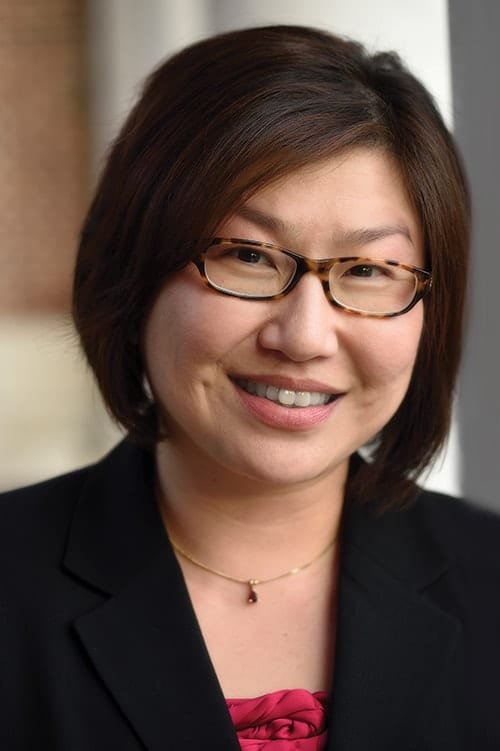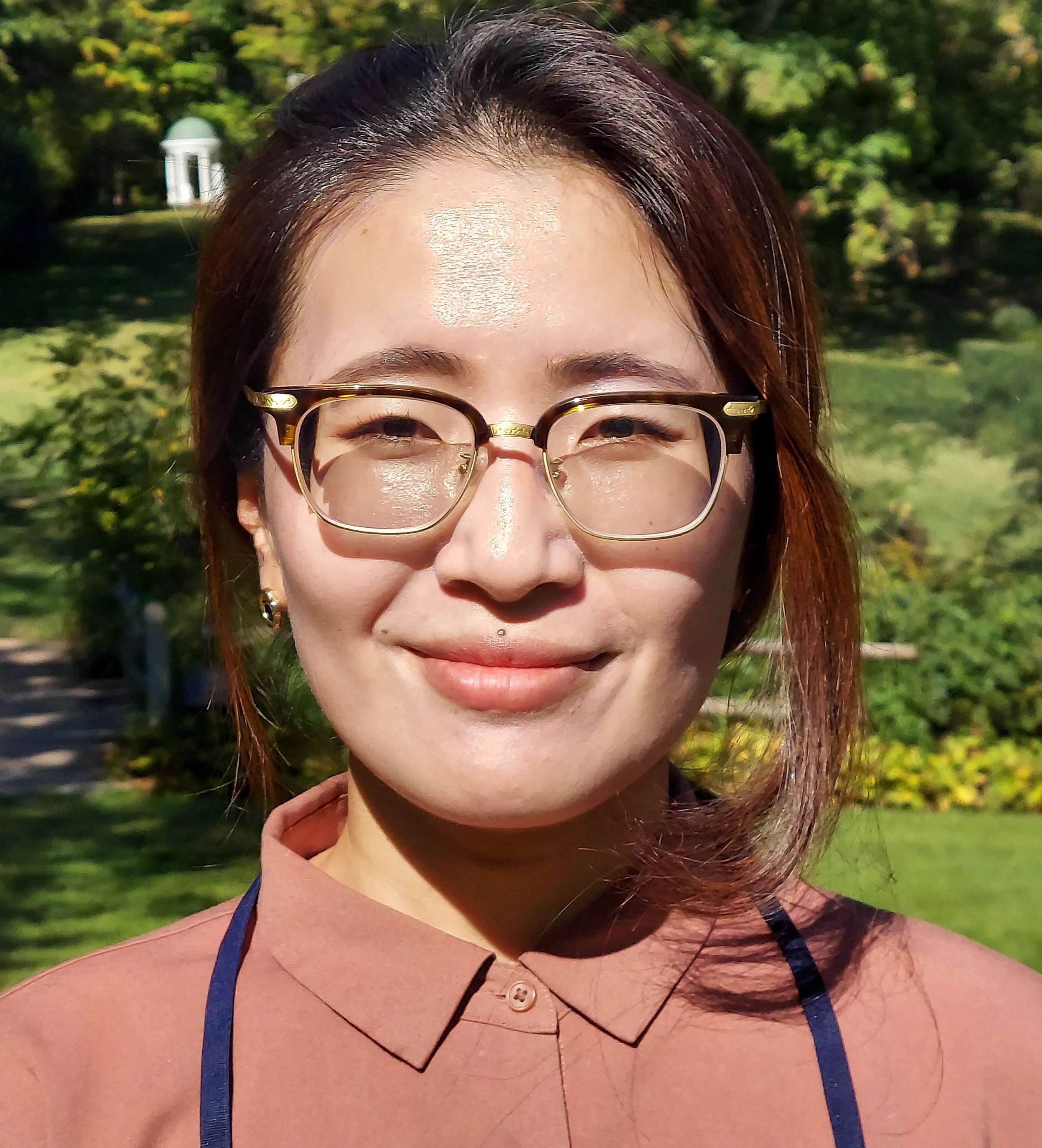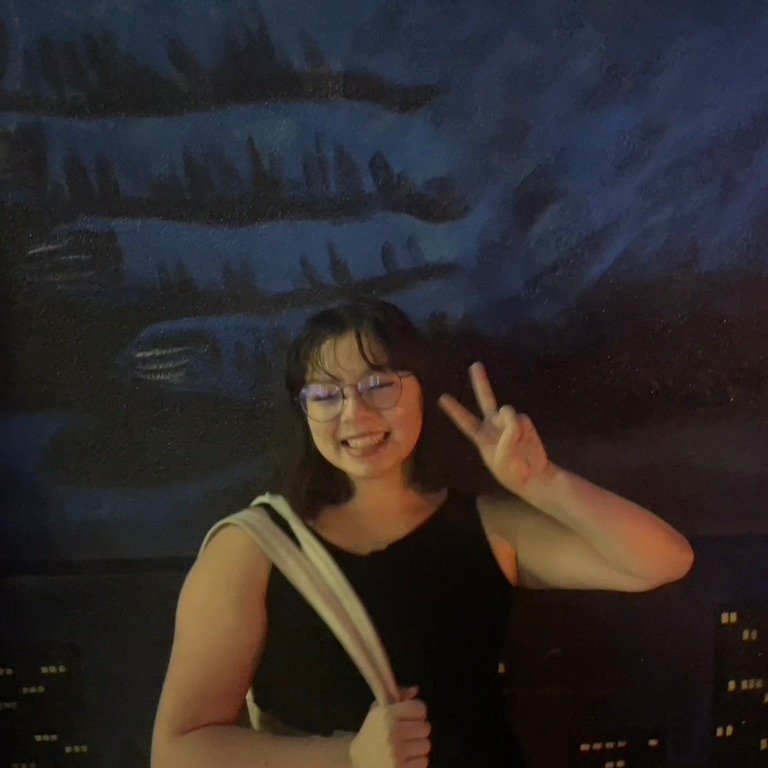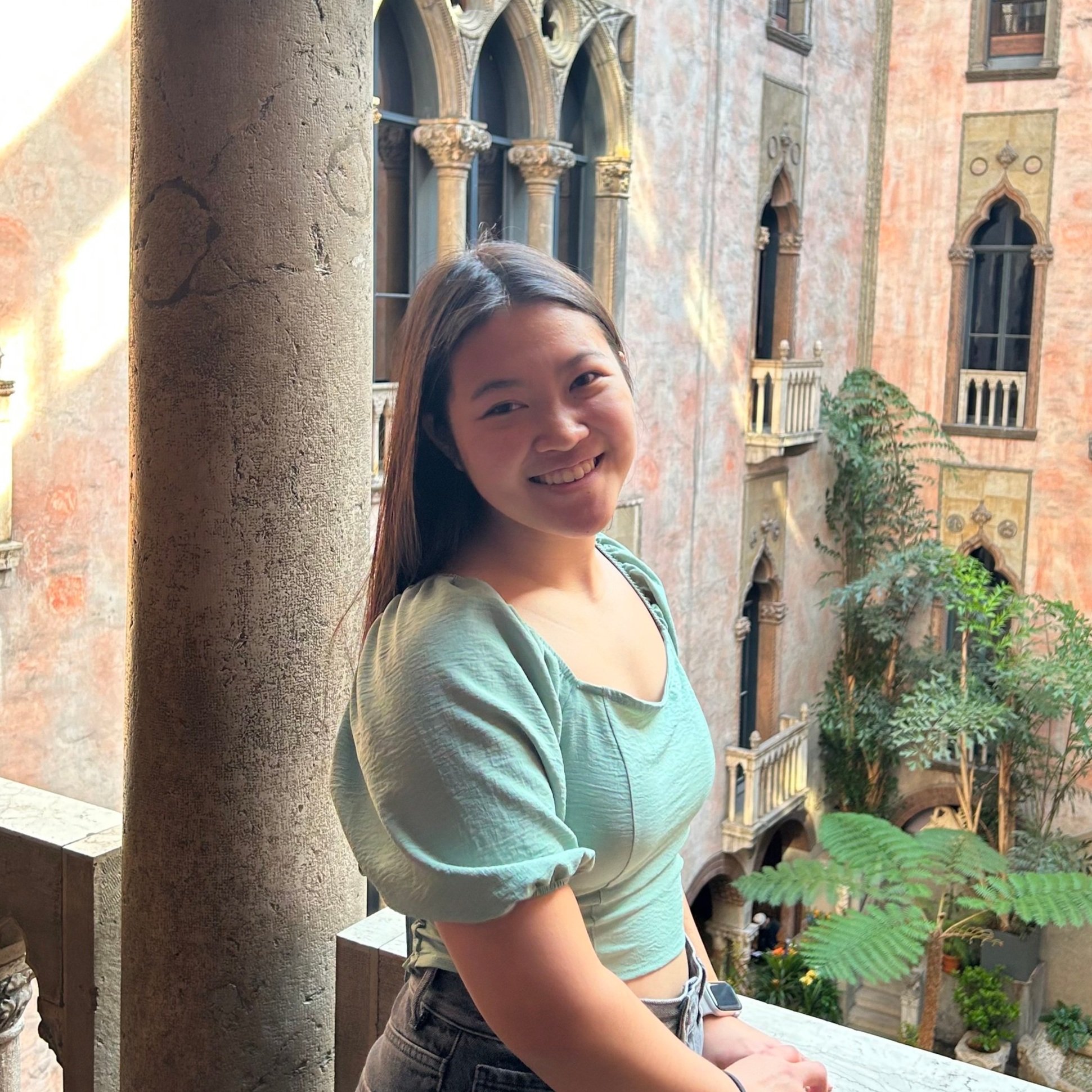About
Critical Responses to Anti-Asian Violence (CRAAV) is a scholarly and community-oriented initiative to build anti-racist coalitions across Johns Hopkins University and Baltimore. It takes anti-Asian violence as a site where we can develop intersectional frameworks to engage the heterogeneous challenges facing Asian American and Pacific Islander (AAPI) communities and interrogate the effects of white supremacy on academic knowledge produced about minoritized communities.
Since the start of the COVID-19 pandemic, members of the AAPI community have confronted an intensification of xenophobic and racist attacks. The March 16, 2021 mass shooting in Atlanta that resulted in the deaths of 8 people, 6 of whom are women of Asian descent, sparked condemnation and movements worldwide to combat anti-Asian violence. At Hopkins, over 200 students and faculty attended the March 25 roundtable on the Atlanta shootings, "Anti-Asian Violence and Anti-Racist Coalition Building," where participants discussed how anti-Asian hate intersects with institutional racism, violence against women, and class discrimination. Building on this momentum, our multifaceted initiative aims to 1) create spaces for interdisciplinary, public-facing dialogue on intersectionality and racial justice; 2) provide resources to fuel anti-racist coalitions at Hopkins and beyond; and 3) cultivate relationships with local partners to expand opportunities for grassroots organizing and civic engagement.
Funding for this initiative has been provided by the SNF Agora Faculty Grants Program.
People
Faculty
Erin Aeran Chung
Erin Aeran Chung is the Charles D. Miller Professor of East Asian Politics in the Department of Political Science at Johns Hopkins University. She previously served as the director of the East Asian Studies Program and as one of the founding co-directors of the Racism, Immigration, and Citizenship (RIC) Program. Professor Chung specializes in East Asian political economy, international migration, civil society, and comparative racial politics. She is the author of Immigration and Citizenship in Japan (Cambridge, 2010, 2014; Japanese translation, Akashi Shoten, 2012) and Immigrant Incorporation in East Asian Democracies (Cambridge, 2020), which received the 2021 ASA Asia and Asian America Section Transnational Asia Book Award and Honorable Mention for the 2021 APSA Migration & Citizenship Section Book Award. She was awarded a five-year grant (2018-2022) from the Academy of Korean Studies (AKS) to support the completion of her third book project on Citizenship, Social Capital, and Racial Politics in the Korean Diaspora.
Professor Chung is currently serving as co-president of the APSA Migration and Citizenship Section (2021-2023), co-editor of the Politics and Society of East Asia Elements series at Cambridge University Press, and co-P.I. for the “Critical Responses to Anti-Asian Violence (CRAAV) Initiative: Building Anti-Racist Solidarities” at Hopkins. She has been a Mansfield Foundation U.S.-Japan Network for the Future Program Scholar, an SSRC Abe Fellow at the University of Tokyo and Korea University, an advanced research fellow at Harvard University's Weatherhead Center for International Affairs Program on U.S.-Japan Relations, and a Japan Foundation fellow at Saitama University. At Hopkins, Professor Chung teaches undergraduate courses on Japanese, Korean, East Asian, and Asian American politics and graduate courses on civil society, citizenship and immigration politics, the political economy of development, democratization, and comparative racial politics.
Clara Han
Clara Han, MD/PhD is Professor of Anthropology at the Johns Hopkins University. Her research interests reside in the overlapping themes of poverty, disease and illness, care and violence, the catastrophic and the everyday. She is the author of Seeing Like a Child: Inheriting the Korean War (Fordham University Press, 2021) and Life in Debt: Times of Care and Violence in Neoliberal Chile (University of California Press, 2012). She is the co-editor of Living and Dying in the Contemporary World: A Compendium (University of California Press, 2015).
Professor Han has undertaken extensive fieldwork in Santiago, Chile, and more recently has turned to work on the partitioning of North and South Korea. Supported by an NSF RAPID Covid award, she is co-PI with Veena Das of a multi-country study on the effect of pandemic measures on household decision-making in low-income neighborhoods. In all of her research projects, she brings close attention to method in anthropology, detail in ethnographic writing, and pursues a rigorous interdisciplinarity in fields ranging from clinical medicine to public health, history of medicine, philosophy, and regional studies. Her interest in everyday life and the ordinary has led her to also work at the crossroads of anthropology, philosophy, and literature.
At Johns Hopkins, she is a board member and former co-director of the Program in Racism, Immigration, and Citizenship and a board member of East Asian Studies, the Program for the Study of Women, Gender, and Sexuality, and the Center for Medical Humanities and Social Medicine.
She is the founder and co-editor of the Thinking From Elsewhere series at Fordham University Press; a member of the RICEVE project (Réseau International de Chercheurs à l'Épreuve des Violences Extrêmes - International Network of Researchers Facing Extreme Violence), EHESS, Paris; and board member of the Korean Anthropology Review (Seoul National University, South Korea) and MANA: Estudos de Antropologia Social (journal of the Social Anthropology Graduate Program of the Museu Nacional (UFRJ)), Brazil.
H. Yumi Kim
H. Yumi Kim is a historian of Japan and Korea, with research and teaching interests in histories of women, gender, kinship, colonialism, and religion in East Asia and Pacific empires in the nineteenth and twentieth centuries. She is author of Madness in the Family: Women, Care, and Illness in Japan (Oxford University Press, 2022), which shows the centrality of family and women’s labor in the care and management of those considered mentally ill in late 19th and early 20th century Japan.
She is currently working on her second book, Archives of Feminine Religiosity in the Peripheries of the Japanese Empire, 1879-1945, which explores the making of feminine religiosities under conditions of colonial and gendered violence in the outermost edges of the empire: the annexed islands of Okinawa, the remote areas of Northeast Japan, and the colonized territory of Jeju Island in what is now South Korea. Through the “History Lab: Asian Diasporas in Baltimore” project, she is also researching histories of the relocation of Japanese and Japanese Americans from internment camps to Baltimore, Maryland from 1942 to 1945, as well as former Johns Hopkins University President Milton S. Eisenhower’s involvement in internment as the first director of the War Relocation Authority in 1942. H. Yumi Kim is a historian of Japan and Korea, with research and teaching interests in histories of women, gender, kinship, colonialism, and religion in East Asia and Pacific empires in the nineteenth and twentieth centuries. She is author of Madness in the Family: Women, Care, and Illness in Japan (Oxford University Press, 2022), which shows the centrality of family and women’s labor in the care and management of those considered mentally ill in late 19th and early 20th century Japan. She is currently working on her second book, Archives of Feminine Religiosity in the Peripheries of the Japanese Empire, 1879-1945, which explores the making of feminine religiosities under conditions of colonial and gendered violence in the outermost edges of the empire: the annexed islands of Okinawa, the remote areas of Northeast Japan, and the colonized territory of Jeju Island in what is now South Korea. Through the “History Lab: Asian Diasporas in Baltimore” project, she is also researching histories of the relocation of Japanese and Japanese Americans from internment camps to Baltimore, Maryland from 1942 to 1945, as well as former Johns Hopkins University President Milton S. Eisenhower’s involvement in internment as the first director of the War Relocation Authority in 1942.
Dr. Kim’s research has been supported by the John W. Kluge Center at the Library of Congress, the Andrew W. Mellon Foundation, the Fulbright Institute of International Education, and the Japanese-American Association of New York. She is the recipient of the Jack D. Pressman-Burroughs Wellcome Fund Career Development Award from the American Association for the History of Medicine.
Graduate Students
Ga Eun Cho
Ga Eun Cho is a PhD Student at the Department of Political Science, Johns Hopkins University. Her dissertation investigates how states use emigration policies for economic development by homogenizing the nation under socioeconomic goals. Her project aims to illustrate the transnational dynamics shaping emigration policies, diaspora engagement, and diaspora politics. Her research has been supported by the Andrew Mellon Language Fund, and the program of East Asian Studies at Johns Hopkins.
Previously, Ga Eun earned her Bachelor of Arts in Asian Studies from Yonsei University, South Korea, where she also served as the editor-in-chief of the student-run newspaper, Yonsei Chunchu. She also pursued a Master of Arts in International Relations from Seoul National University, South Korea. She has also worked as a researcher for the Urban Humanities Initiative, an international public engagement project at the municipal think tank, the Seoul Institute.
Nandini Dey
Nandini Dey is a PhD Candidate at the Department of Political Science, Johns Hopkins University. Her dissertation investigates the links between colonial-era institutions and postcolonial citizenship regimes. Her project aims to illustrate the foundational ways colonial legacies constitute citizenship regimes after independence and how group claims, rather than individual rights, are critical to this project. Her dissertation research is supported by the APSA–NSF Doctoral Dissertation Research Improvement Grant and the Nicole Suveges Fieldwork Fellowship.
Previously, Nandini earned her Bachelor of Arts (Honours) in Political Science from the University of Delhi, India, and a Master of Science in History from the University of Edinburgh, UK. She was also an editor for history, religion, and philosophy books at Oxford University Press in New Delhi, India. At Johns Hopkins, Nandini has been involved with multiple research projects on topics that range from colonial state formation to the women’s suffrage movement in the US to research ethics in conflict zones. She enjoys teaching and was awarded the Dean’s Teaching Fellowship by the Krieger School of Arts and Sciences to teach a course titled ‘The Citizen and the Foreigner in South Asia’ (Fall 2021). Nandini was a member of the first class of the APSA Public Scholarship Program in 2019. In 2021, she was awarded the Malcolm H. Laucheimer Fellowship by the Department of Political Science.
Youjoung (Yuna) Kim
Youjoung (Yuna) Kim is a third-year PhD student at the Department of Anthropology, Johns Hopkins University. Her dissertation investigates bureaucratic procedures that are required to ensure the legal status of “the bereaved” as outlined in the Jeju 4.3 Incident Special Act. Her project aims to illustrate how the official acknowledgment of “the bereaved” configures the ways in which people honor their ancestors and how the South Korean state’s reconciliation project functions as nation-building intended to legitimatize state power. Her research has been supported by the SPA/RLF Fellowship, the Andrew Mellon Language Fund, and the programs in Women, Gender and Sexuality and East Asian studies at Johns Hopkins.
Previously, Youjoung earned her Bachelor of Arts in Development Studies and Cultural Studies from Macquarie University, Australia, and a Master of Arts in Anthropology from SOAS, University of London, the UK. Before undertaking her doctoral studies, she worked as a researcher and a coordinator at Jeju 4.3 Research Institute and participated as a research collaborator in a project, Political Apologies Across Cultures, conducted by Tilburg University, the Netherlands. Recently, she worked as a research assistant for Dr. Jane Jin Kaisen (the Royal Danish Academy of Fine Arts) on Jeju Island, South Korea.
Undergraduate Students
Hannah Lee Scherr
Hannah Lee Scherr graduated from Johns Hopkins in 2022 with degrees in East Asian Studies and Political Science. She completed a thesis comparing the ROK as an American “ally” during the Korean and Vietnam War periods.
Sim Low
Sim Low is double majoring in Public Health and Africana Studies. Her research interests include early Asian-American history, specifically the development of community and enclaves, the relationship between policing/carceral structures and pandemic policies, and the revolutionary history of Afro-Asian solidarity. Sim is the president of the Johns Hopkins University Debate Council and they are on the student committee for the University Debate Initiative under the SNF Agora Institute. She’s passionate about debate and dialogue as a forum for investigating and analyzing issues. Outside of JHU Debate, Sim serves as the assistant policy debate coach at Georgetown Day School.
Vanessa Han
Vanessa Han (she/her) is an undergraduate student at the Johns Hopkins University double-majoring in Sociology and International Studies on the Global Social Change and Development track with a minor in History. Her academic interests include Asian American history, interracial relations and solidarity, and the carceral state. Outside of academics, Vanessa is Director of Campus Engagement for Inter-Asian Council and Director of Special Events for Multicultural Leadership Council. In her free time, she enjoys spending time with friends and family.
Suzy Schlosberg
Suzy Schlosberg (she/her) is an undergraduate student at the Johns Hopkins University majoring in International Studies with a minor in East Asian Studies. This past summer, Suzy interned for the Baltimore Mayor’s Office of Immigrant Affairs, deepening her interest in local AAPI stories. Suzy has worked as a community researcher for Towson University Asian Arts & Culture Center on sharing and celebrating Baltimore’s Koreatown and historic Chinatown.










